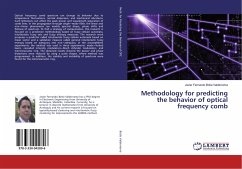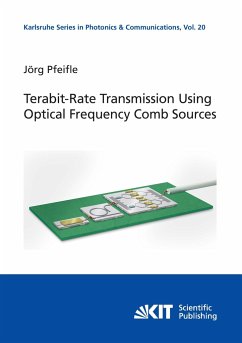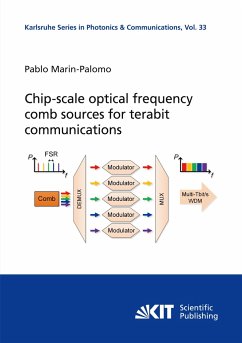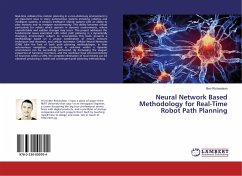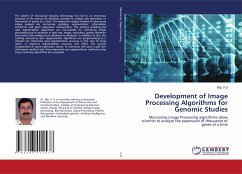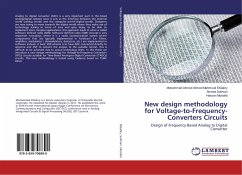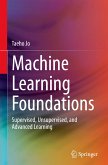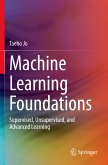Optical frequency comb spectrum can change its behavior due to temperature fluctuations, normal dispersion, and mechanical vibrations. Such limitations can affect the peak power and wavelength separation of comb lines. In the propagation through single-mode fiber, the linear and non-linear phenomena can modify spectral shape, phase shifts and flatness of spectrum. To find a strategy of compensation, this research is focused on a prediction methodology based on fuzzy cellular automata, intuitionistic fuzzy sets and fuzzy entropy measures. The research work proposes a predictor called intuitionistic fuzzy cellular automata based on mean vector and a validation measure called general intuitionistic fuzzy entropy based on adequacy and non-adequacy. In the accomplished experiments, the method was used in three experiments: mode-locked lasers, cascaded intensity modulators-Mach Zehnder modulators, and microresonator ring. The obtained results showed the power and phase distortions werereduced by using a pulse shaper, where method was programmed. In addition, the stability and instability of spectrum were found for the microresonator ring.
Bitte wählen Sie Ihr Anliegen aus.
Rechnungen
Retourenschein anfordern
Bestellstatus
Storno

